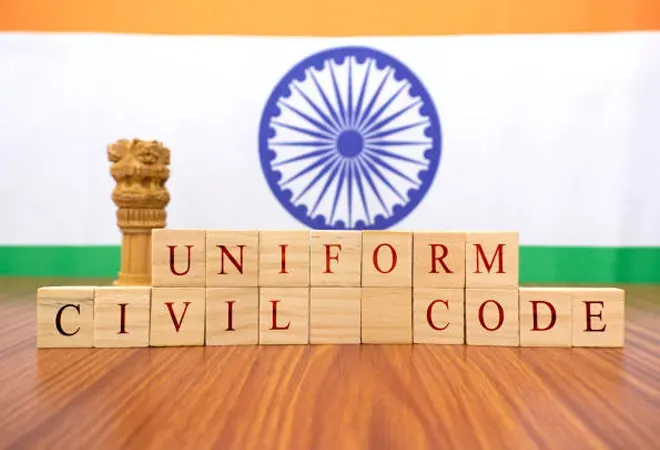Changes in Intestate Succession and Live-In Relationships Elicit Debate and Criticism
The Indian Succession Act undergoes amendments that introduce cumbersome and expensive steps, raising concerns over their intrusiveness and constitutionality. The inclusion of Letters of Administration (LoA) for intestate succession is criticized for its limited applicability, primarily affecting non-Indians and excluding Hindus, Muslims, and Christians. Additionally, provisions concerning probate and Letters of Administration are restricted to properties in specific cities, leaving out regions like Uttarakhand.
Historically, mandatory grants for Christians were challenged, leading to a removal of the requirement through Amendment Act 51 of 2002. However, Muslims were not governed by these provisions, and testamentary dispositions in Shariat recognized limited rights, ensuring heirs cannot be entirely disinherited.
Part 3 of the Act, addressing live-in relationships, sparks controversy for being perceived as unconstitutional. While live-in relationships gained acceptance legally through the Protection of Women against Domestic Violence Act, 2005, the Act’s provisions are seen as gender-specific and potentially intrusive. The right to privacy, upheld as a fundamental right by the Supreme Court, further complicates the matter, as the government’s attempt to regulate live-in relationships may be deemed arbitrary and intrusive.
Moreover, concerns arise over repeals and savings, particularly regarding marriages and dissolution of marriages. The requirement for registration, even retroactively, poses challenges, while prohibitions on consanguineous marriages may impact customary practices, such as those in South India and among Muslims.
Overall, the amendments in the Indian Succession Act raise significant legal and constitutional concerns, particularly regarding their applicability, intrusiveness, and impact on customary practices. The debate surrounding these changes underscores the need for careful consideration and review to ensure they align with principles of fairness, justice, and constitutional validity.






